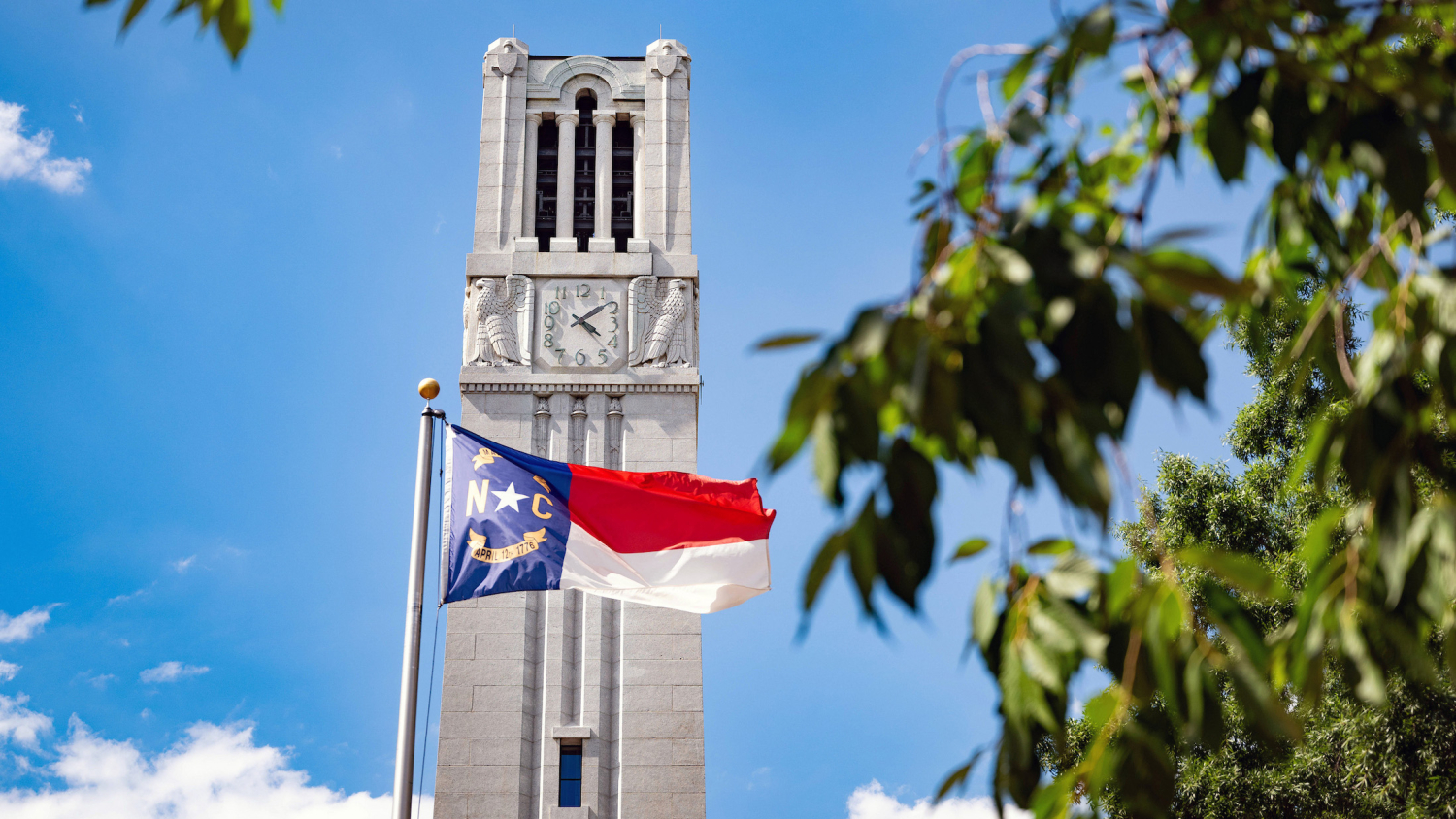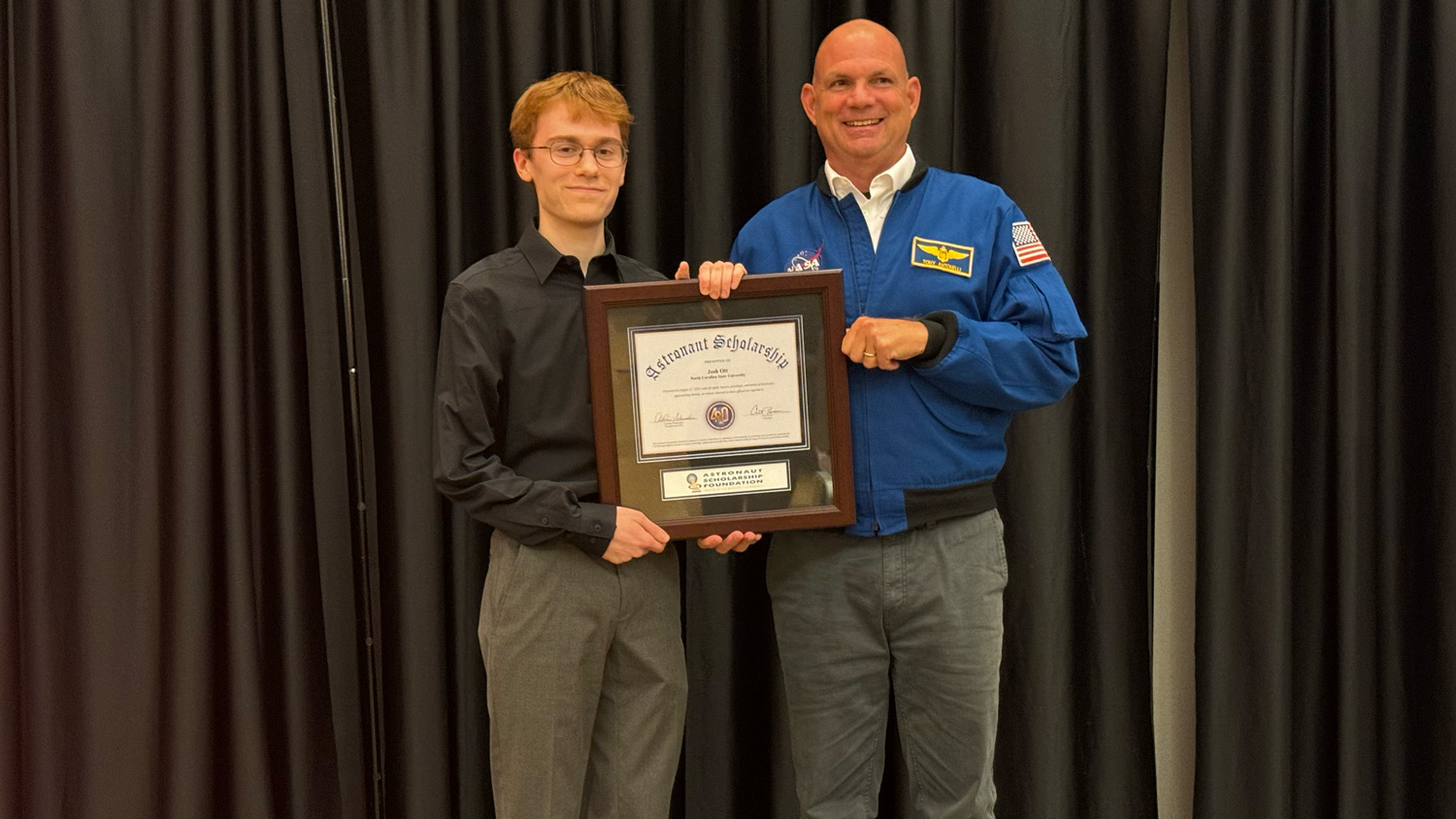Meet the New Sciences Tenured/Tenure-Track Faculty

This year, the college is welcoming six new faces to our tenured and tenure-track faculty. Meet these innovative scientists, and find out why they’re excited to join the NC State family.
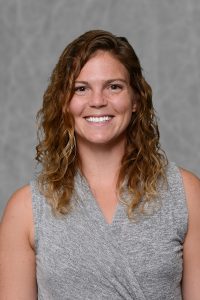 Carli Arendt
Carli Arendt
Title: Assistant Professor, Marine, Earth, and Atmospheric Sciences
Research Focus: My research investigates the rates and magnitudes of melting processes in glacial and polar environments. I study changes in the chemical signals of meltwater from glaciers, ice sheets, sea ice and permafrost to better understand the impacts of increased melting on surrounding communities, environments and seawater chemistry.
Why NC State?: NC State exemplifies the best qualities that top research institutions have to offer by producing robust and significant discoveries, data sets and publications while also placing a high priority on teaching and the student experience.
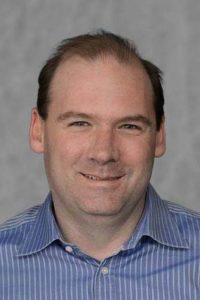 Gavin Conant
Gavin Conant
Title: Associate Professor, Biological Sciences
Research Focus: I study how evolution by natural selection creates complex new biological structures. In particular, I am interested in learning about the genetic origins of those structures.
Why NC State?: I’m excited to be in Raleigh and to collaborate with an outstanding group of researchers who are working on problems that complement what I study.
Mary Elting
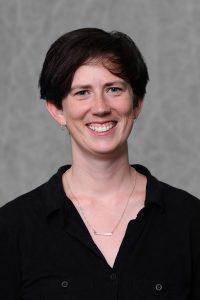 Title: Assistant Professor, Physics, and member of the Modeling the Living Embryo faculty cluster
Title: Assistant Professor, Physics, and member of the Modeling the Living Embryo faculty cluster
Research Focus: I look at how a cellular machine called the “mitotic spindle” helps cells divide and what happens when the process does not work correctly. We use tools from physics, biology, chemistry and engineering to address these questions, which may eventually lead to a better understanding of human development and new approaches to treating cancer.
Why NC State?: I got my undergraduate degree at NC State, and the same things that inspired me to come here as a student make me want to work here now: it’s an institution with a strong research emphasis, a collegial and team-oriented environment, and a firm practical grounding in its role to serve the citizens of North Carolina.
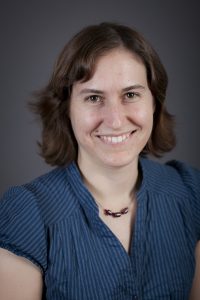 Katie Mack (starting January 2018)
Katie Mack (starting January 2018)
Title: Assistant Professor, Physics, and member of the Leadership in Public Science faculty cluster
Research Focus: The main topic of my research is dark matter, which is invisible stuff that makes up most of the matter in the universe. The kinds of problems I work on are questions about the fundamental physics of the universe that might be answered by new observations or experiments.
Why NC State?: I’ve been really impressed with the culture of the Department of Physics and the College of Sciences as a whole and especially the university’s approach to public science. The opportunity to carry out my research in such a great environment and also to continue my work in public science and engagement is amazing.
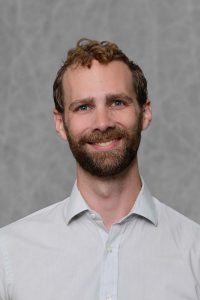 Kurt Marsden
Kurt Marsden
Title: Assistant Professor, Biological Sciences
Research Focus: My research is dedicated to identifying links between genes, the development and function of the nervous system, and behavior. By understanding how specific genes work to set up the neural circuits that drive certain behaviors, we can gain insight into both the normal function of the brain and how it can go awry in diseases like autism and anxiety.
Why NC State?: I am excited to collaborate with the other Biological Sciences faculty because of their diverse interests and broad expertise, and I’m also looking forward to making an impact on undergraduate research and expanding the neuroscience community on campus. I love communicating science to the wider world, and NC State has many avenues to do so.
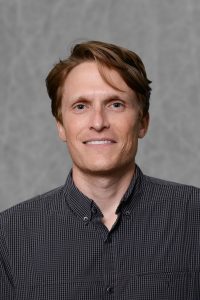 Ryan Paerl
Ryan Paerl
Title: Assistant Professor, Marine, Earth, and Atmospheric Sciences
Research Focus: I study the ecology and physiology of marine and aquatic microbes, including bacteria and algae. I’m interested in how they are so successful at surviving in nature, specifically in terms of obtaining nutrients and interacting with other organisms.
Why NC State?: I am excited to join a diverse college with applied and environmental interests and to contribute my microbiology expertise to the department. I am from the North Carolina coast, so it is exciting to come back to do research and promote science and critical thinking in the state.
This post was originally published in College of Sciences News.

